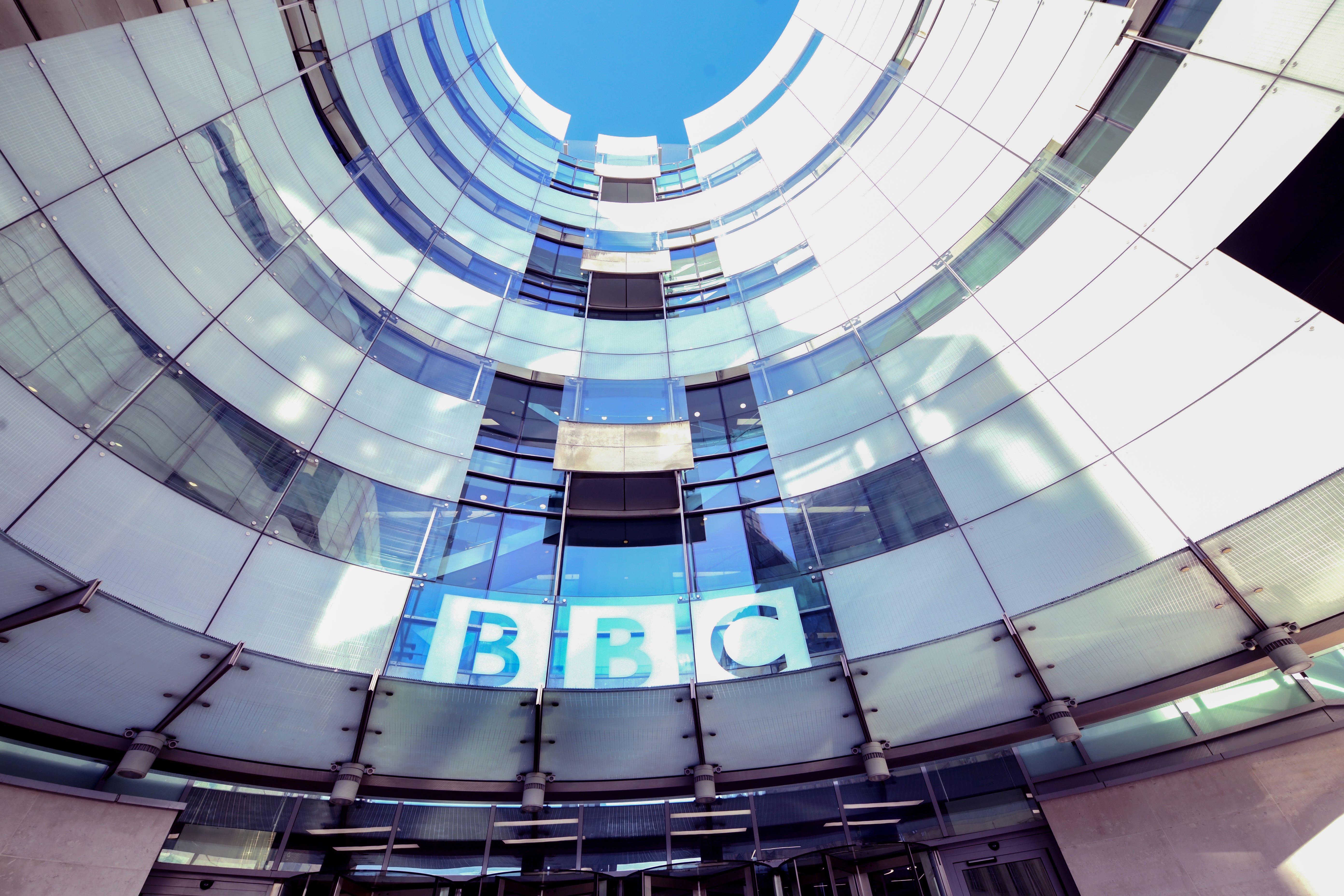Government ‘disappointed’ by BBC’s planned cuts to local radio services
As part of the proposals, stations will begin sharing some programmes.

Your support helps us to tell the story
From reproductive rights to climate change to Big Tech, The Independent is on the ground when the story is developing. Whether it's investigating the financials of Elon Musk's pro-Trump PAC or producing our latest documentary, 'The A Word', which shines a light on the American women fighting for reproductive rights, we know how important it is to parse out the facts from the messaging.
At such a critical moment in US history, we need reporters on the ground. Your donation allows us to keep sending journalists to speak to both sides of the story.
The Independent is trusted by Americans across the entire political spectrum. And unlike many other quality news outlets, we choose not to lock Americans out of our reporting and analysis with paywalls. We believe quality journalism should be available to everyone, paid for by those who can afford it.
Your support makes all the difference.The Government is “disappointed” with the BBC’s plans to make “extensive” cuts to local radio, culture minister Julia Lopez has said.
In the Commons, a Conservative former minister also urged the broadcaster to take half a million pounds from the salary of its top talent, such as Match Of The Day host Gary Lineker, to fund its smaller stations.
The BBC announced plans on Monday for its local radio stations to share more content and broadcast less programming unique to their area, with the proposals resulting in the loss of 48 jobs overall.
After 2pm on weekdays, the BBC will produce 18 afternoon programmes across England that will be shared between its 39 stations.
Ten local programmes will then be shared between 6-10pm on weekdays, across the day on Saturday and on Sunday mornings, serving areas broadly mirroring the existing local TV areas.
Answering an urgent question in the Commons on Tuesday, Ms Lopez said: “Overall, we do have concerns about the proposals, which we were not given notice of.
“I want to take this opportunity to stress that the BBC is rightly operationally and editorially independent from the Government, and decisions on service delivery are ultimately a matter for them.
“However, the Government is disappointed that the BBC is reportedly planning to make such extensive cuts to its local radio output.”
She added: “For those older residents living in rural areas, it can be a particular lifeline.
“The BBC must make sure it continues to provide distinctive and genuinely local radio services with content that reflects and represents people and communities from all corners of the UK.
“We recognise in the current fiscal context the BBC, like other organisations, is facing difficult financial decisions.
“But we are also concerned that the BBC is making such far-reaching decisions, particularly about its local news provision, without setting out further detail on how it will impact its audiences and the communities it serves.”
Sir Mike Penning, MP for Hemel Hempstead, told the Commons: “The public trust local radio, like they don’t trust Newsnight or the Today programme.
“Frankly, because they don’t listen to it and they trust local radio. If it’s about money, then take half a million pounds out Gary Lineker’s salary or one of the others who earn extortionate salaries.”
Mr Lineker was the BBC’s top earning on-air talent in 2021/22 with a salary of between £1,350,000 and £1,354,999.
The BBC has said it needs to save £285 million in response to the announcement in January that the licence fee will be frozen for the next two years.
The proposals were announced as part of its new strategy, announced in May, to create a “modern, digital-led” broadcaster.
It said the changes will see around £19 million “reprioritised” from broadcast services towards online and multi-media production.
BBC Radio Humberside journalist Andy Comfort criticised the move, writing on Twitter that staff were “stunned and upset”.
Labour MP Emma Hardy told the Commons local radio “cannot call itself local when it stops being local after 2pm”,
Conservative chair of the Digital, Culture, Media and Sport Committee Julian Knight spoke of the “very real concerns over potential loss of local distinctiveness through these proposed cuts”.
He added: “These cuts make reforms to radio prominence absolutely crucial and will the minister quash growing rumours that the main potential vehicle for such reforms, the Media Bill, is set to be shelved or delayed in any way.”
Rhodri Talfan Davies, BBC director of nations, said: “These proposals aim to maintain the distinctiveness of our local services while allowing the BBC to adapt with our audiences and ensure we remain relevant.
“Taken together they will ensure our network of local services – across TV, radio, online and Sounds – offer more value for audiences.
“Of course, change is never easy – and we will work closely with all our colleagues to introduce these plans sensitively and fairly.
“BBC Local Radio remains an essential service for millions of listeners – the very best local radio network in the world – but it’s also essential we make difficult choices that will enable us to reach out to many people that increasingly rely on their mobiles for local content.”
In response to a tweet by Labour MP Karl Turner claiming the BBC’s action were “effectively fire and rehire”, a BBC spokesperson said: “This is completely untrue.
“Our proposals clearly set out the need for a number of new and different roles. Adapting our services requires a completely different way of working and fewer presenters.
“We are conducting this process fairly and in consultation with staff, doing our very best to avoid compulsory redundancies.”
Gary Lineker has been contacted for comment.